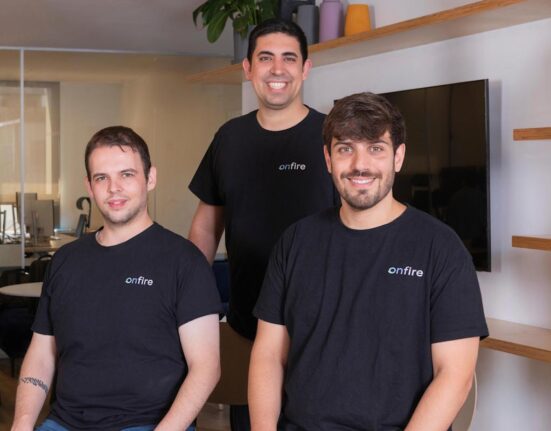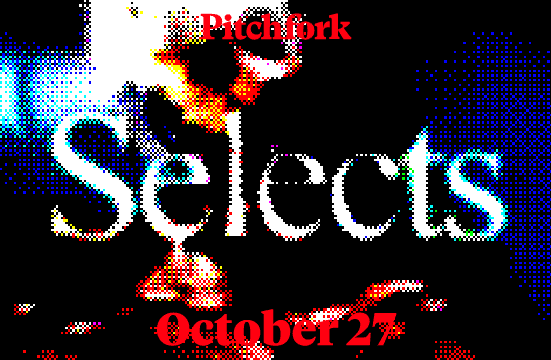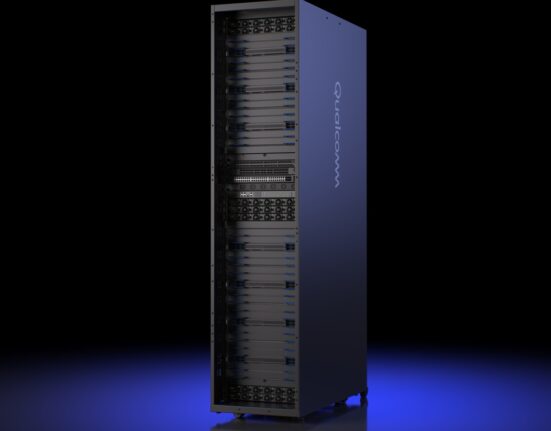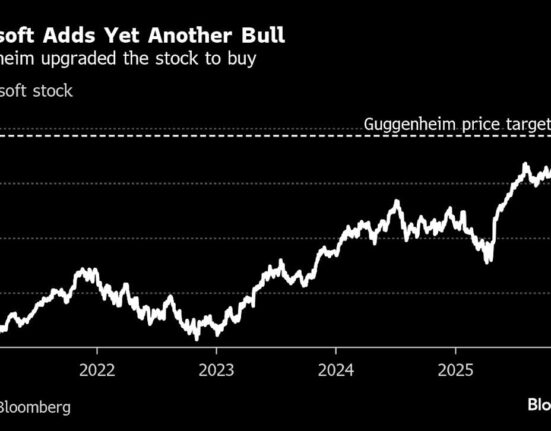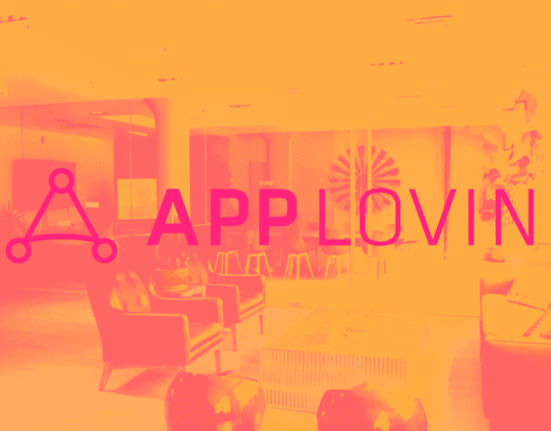[ad_1]
-
Vercel is training AI agents on the work of its top-performing employees.
-
It just hired David Totten, from Databricks, to lead these efforts.
-
Vercel’s goal is to shift employees to higher-value work roles.
As companies race to deploy AI, Vercel says it has found a way to get ahead: They are training AI agents on how their best employees work.
The $9.3 billion company, founded by coder Guillermo Rauch in 2015, is a cloud-based platform for developers to build and deploy websites and applications.
It’s now using AI agents to automate the rote work of many of its entry-level roles, allowing it to reduce a once 10-person team down to just one person and a bot.
Agents are commonly defined as virtual assistants that can complete tasks autonomously. They break down problems, outline plans, and take action without being prompted by a user.
“If you can document a workflow, it’s now pretty straightforward to have an agent do it,” Jeanne DeWitt Grosser, Vercel’s chief operating officer, told Business Insider.
The process of developing an AI agent began in June, when the company launched an internal initiative within its sales department. Grosser, who had joined in March, recruited three engineers to develop agents that would replicate and enhance critical sales workflows.
At the time, the company had 10 sales development representatives handling inbound queries, generally an entry-level task, and one of them was a standout performer. The engineers shadowed that top performer for six weeks and documented every step of their work. Then they built an agent to mimic their process.
Now, Vercel’s “lead agent” automates much of the work once handled by multiple sales development reps, Grosser said. It reviews inbound messages, filters out spam, and qualifies leads by querying internal databases and researching company details through OpenAI’s Deep Research tool. The agent then drafts personalized responses and automatically routes support inquiries.
A human manager reviews the agent’s work in Slack and provides feedback that helps the system learn Vercel’s tone and improve over time.
Since its deployment, the agent has helped Vercel downsize the 10-person team to just one person who oversees it. The remaining nine were moved to outbound prospecting roles, which Grosser says is higher-value, more complex sales work.
“Modeling after the top-performing employees has always been a standard business practice. The difference now is that technology lets us accelerate it,” said David Totten, an alum of Databricks and Microsoft, who just joined Vercel as its new vice president of global field engineering on Monday.
[ad_2]
Source by [author_name]
-
Vercel is training AI agents on the work of its top-performing employees.
-
It just hired David Totten, from Databricks, to lead these efforts.
-
Vercel’s goal is to shift employees to higher-value work roles.
As companies race to deploy AI, Vercel says it has found a way to get ahead: They are training AI agents on how their best employees work.
The $9.3 billion company, founded by coder Guillermo Rauch in 2015, is a cloud-based platform for developers to build and deploy websites and applications.
It’s now using AI agents to automate the rote work of many of its entry-level roles, allowing it to reduce a once 10-person team down to just one person and a bot.
Agents are commonly defined as virtual assistants that can complete tasks autonomously. They break down problems, outline plans, and take action without being prompted by a user.
“If you can document a workflow, it’s now pretty straightforward to have an agent do it,” Jeanne DeWitt Grosser, Vercel’s chief operating officer, told Business Insider.
The process of developing an AI agent began in June, when the company launched an internal initiative within its sales department. Grosser, who had joined in March, recruited three engineers to develop agents that would replicate and enhance critical sales workflows.
At the time, the company had 10 sales development representatives handling inbound queries, generally an entry-level task, and one of them was a standout performer. The engineers shadowed that top performer for six weeks and documented every step of their work. Then they built an agent to mimic their process.
Now, Vercel’s “lead agent” automates much of the work once handled by multiple sales development reps, Grosser said. It reviews inbound messages, filters out spam, and qualifies leads by querying internal databases and researching company details through OpenAI’s Deep Research tool. The agent then drafts personalized responses and automatically routes support inquiries.
A human manager reviews the agent’s work in Slack and provides feedback that helps the system learn Vercel’s tone and improve over time.
Since its deployment, the agent has helped Vercel downsize the 10-person team to just one person who oversees it. The remaining nine were moved to outbound prospecting roles, which Grosser says is higher-value, more complex sales work.
“Modeling after the top-performing employees has always been a standard business practice. The difference now is that technology lets us accelerate it,” said David Totten, an alum of Databricks and Microsoft, who just joined Vercel as its new vice president of global field engineering on Monday.




